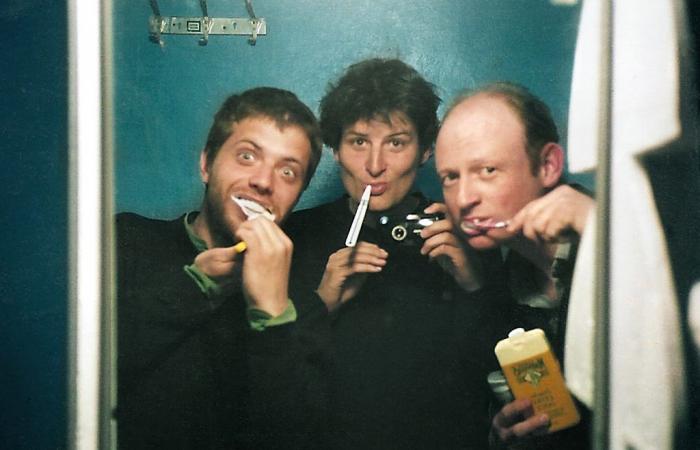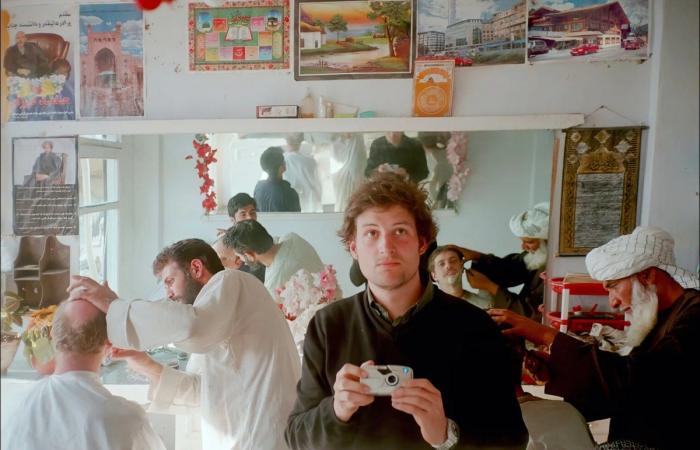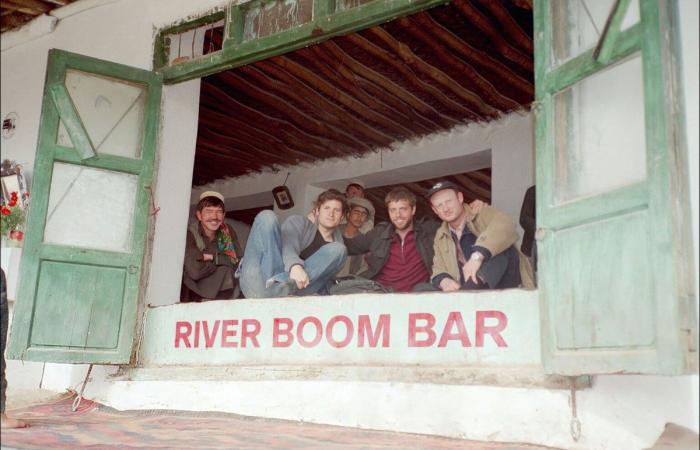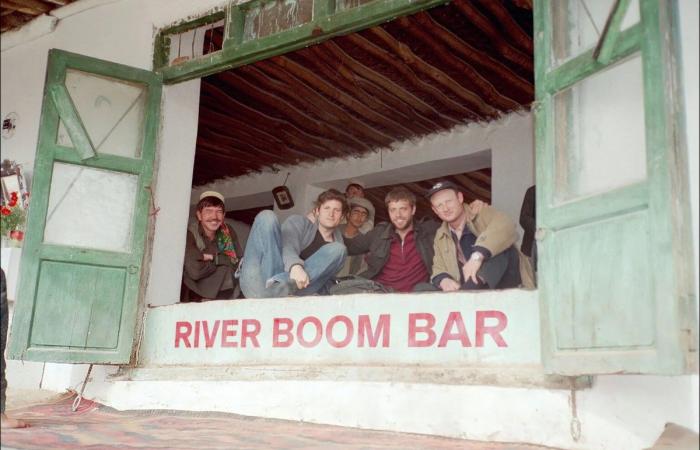Consequence of multiple coincidences, each as improbable as the other, Riverboom is finally broadcast throughout France after a notable appearance at festivals. A strange mix between a classic documentary and a VLOG, Claude Baechtold’s film offers a trip to Afghanistan, one year after the fall of the Taliban.
Riverboom might never have seen the light of day. The story of its conception is as interesting as the film itself. Created from videos filmed on a Mini-DV in Afghanistan in 2002, these rushes were just a travel film shared between three friends, then forgotten forever. But, through some blunder, the cassettes disappeared for 20 years, before finally being found and then edited. The result? A time capsule as important for the author as for the story. An adventure full of twists and turns and a testimony to the American fiasco.
Faces, villages
Claude Baechtold is not a director. In any case, no training, he says it himself in the introduction to the film. It was the coincidence of his trip to Afghanistan, with his friend Serge, special envoy on the ground for Le Figarothen their meeting with Paolo, war photographer and last member of the trio, who pushes him to buy a small camera and film their journey. From Kabul to Herat, via Mazâr-e Charîf, they set off to meet the inhabitants of a country scarred by decades of conflict, which the United States promises to pacify and democratize.
From towns to villages, from faces to faces, like Agnès Varda in The Gleaners and the GleanerClaude gleans images of a country contaminated by violence, just as the earth is contaminated by mines. But this ambient pessimism never takes precedence over the light tone of the film. Serge and Paolo, with their good humor and carefree attitude, are a beacon for Claude (and the viewer). Obviously, this lightness is accentuated by the editing, but the joy that can be seen on the faces of our protagonists, or on those of certain Afghans, contributes to the general atmosphere of the film.
Baechtold perhaps speaks best of this contrast when he compares his photos to those of Paolo. The latter takes black and white photos, with a professional camera, which Serge uses to illustrate his articles. Claude takes color photos with a small Olympus Mju-II, completely automatic. If he feels ridiculous at first, he reevaluates his work during the trip: he is not looking for the same thing as Paolo. Paolo wants artistic photos showing poverty. Claude is content to take photos of what he sees: faces, color, life.
Ode to life
Showing life in a country that the viewer associates by default with death is what Claude Baechtold proposes. He does not want to paint a miserable portrait of the inhabitants. He is content to film them, and to dress the portraits in a broader context.
But that doesn’t mean the film is only informational. The filmmaker’s point of view is present from the beginning of the film, since he proclaims himself a pacifist and feminist. Diving into Afghanistan, he finds himself in a society almost completely opposed to his own thinking. However, he will never criticize the country as a whole. He treats these subjects with caution and especially attacks the warlords, the organizers of these conflicts, the Soviets and the Americans. Obviously, this is all the filmmaker’s opinion. Some will say that the current situation stems solely from the actions of the United States, others will say that the fault lies with the Taliban, but all of these debates are absent from the film. Baechtold wants to transcribe his experience and his vision of things, not to debate.
And this is what makes Riverboom unique, this total immersion in the psyche of the director. He shares everything: his vision, his political opinions, his anxieties, his joys and, above all, his mourning. This mourning which pushes him to leave. This same mourning, which he overcomes through this dangerous journey, where death is both omnipresent and totally absent, is the key to the bond that unites the director and the country. We should not only be interested in death, life is there, before our eyes.
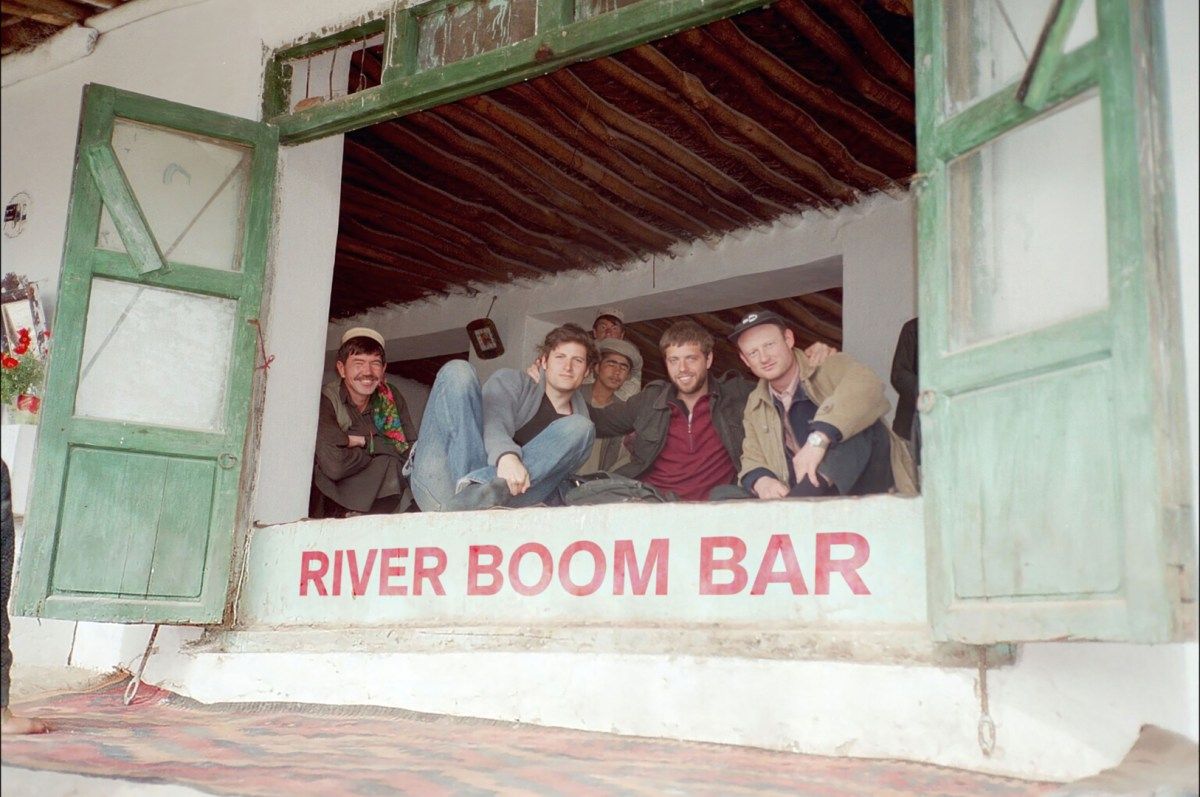
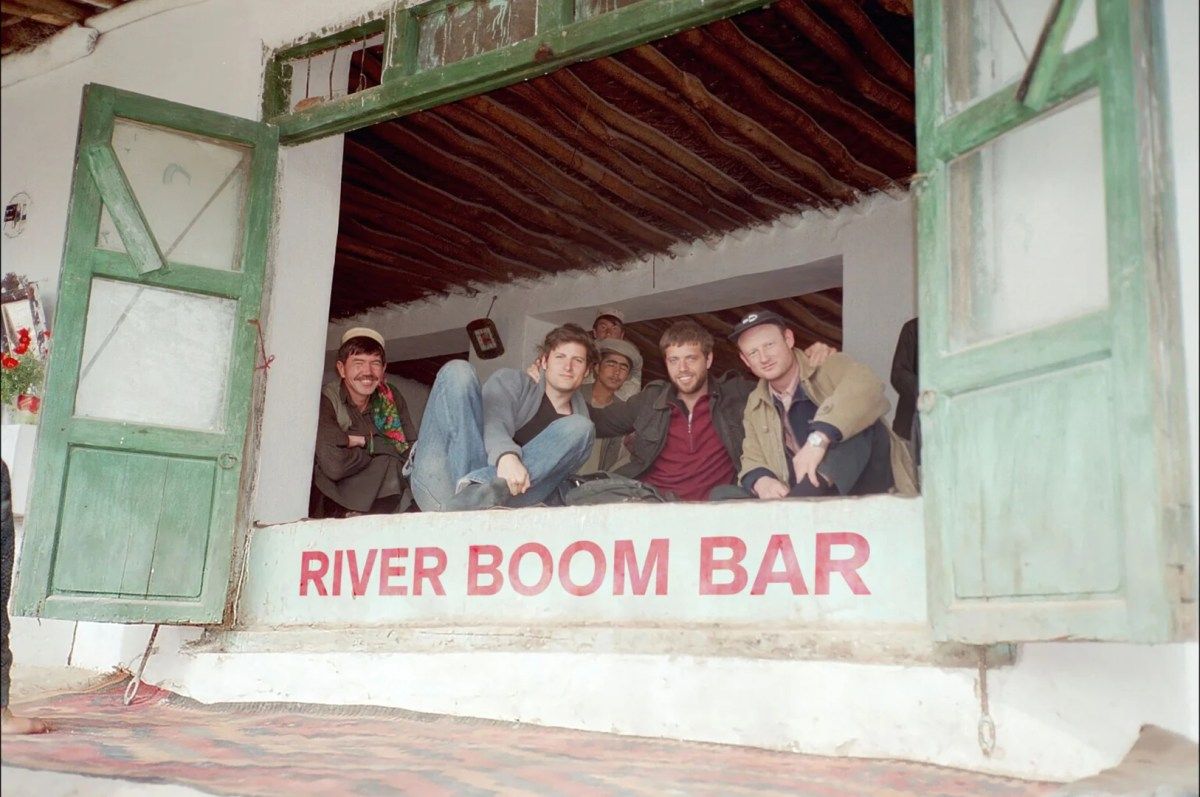
The future before our eyes
Beyond its formal qualities, Riverboom is also a formidable historical document. The images shot in 2002 bear witness to the future failure of the international coalition to stabilize the country. From bandits to opium poppy cultivation, the film documents a complex reality, to which the American military command is completely blind. Only a year after the start of the “war on terrorism”, Claude Baechtold sees the limits of American interventionism, which will end with the withdrawal of troops in 2021.
Ultimately, the film is seen as a continuation of criticism of the United States and its allies. Stabilization of the country was possible, but the method used was a disaster. Too far removed from the needs of the population and unable to differentiate between the different groups opposing them, the coalition left nothing but regrets, ruins and deaths in the country. Riverboom is a testimony of failure and an ode to life. A mourning that ends with laughter. But also, and above all, the adventures of three friends on a trip.
Riverboom has been in theaters since September 25.

